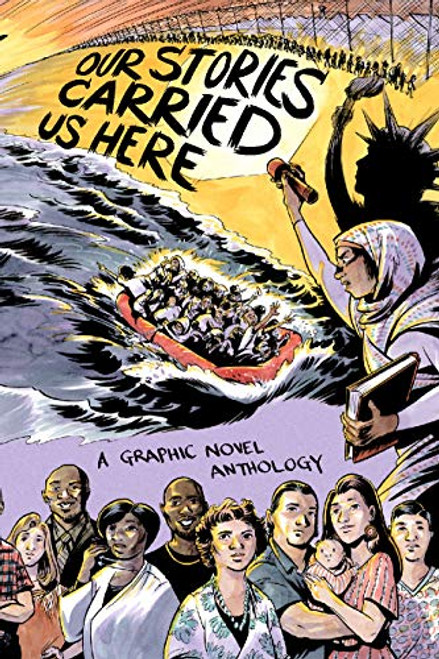The instant New York Times bestseller and companion book to the PBS series. Absolutely brilliant . . . A necessary and moving work. Eddie S. Glaude, Jr., author of Begin Again Engaging. . . . In Gatess telling, the Black church shines bright even as the nation itself moves uncertainly through the gloaming, seeking justice on earthas it is in heaven. Jon Meacham, New York Times Book Review From the New York Times bestselling author of Stony the Road and The Black Box,and one of our most important voices on the African American experience, comes a powerful new history of the Black church as a foundation of Black life and a driving force in the larger freedom struggle in America. For the young Henry Louis Gates, Jr., growing up in a small, residentially segregated West Virginia town, the church was a center of gravityan intimate place where voices rose up in song and neighbors gathered to celebrate life's blessings and offer comfort amid its trials and tribulations. In this tender and expansive reckoning with the meaning of the Black Church in America, Gates takes us on a journey spanning more than five centuries, from the intersection of Christianity and the transatlantic slave trade to todays political landscape. At roads end, and after Gatess distinctive meditation on the churches of his childhood, we emerge with a new understanding of the importance of African American religion to the larger national narrativeas a center of resistance to slavery and white supremacy, as a magnet for political mobilization, as an incubator of musical and oratorical talent that would transform the culture, and as a crucible for working through the Black communitys most critical personal and social issues. In a country that has historically afforded its citizens from the African diaspora tragically few safe spaces, the Black Church has always been more than a sanctuary. This fact was never lost on white supremacists: from the earliest days of slavery, when enslaved people were allowed to worship at all, their meetinghouses were subject to surveillance and destruction. Long after slaverys formal eradication, church burnings and bombings by anti-Black racists continued, a hallmark of the violent effort to suppress the African American struggle for equality. The past often isnt even pastDylann Roof committed his slaughter in the Mother Emanuel AME Church 193 years after it was first burned down by white citizens of Charleston, South Carolina, following a thwarted slave rebellion. But as Gates brilliantly shows, the Black church has never been only one thing. Its story lies at the heart of the Black political struggle, and it has produced many of the Black communitys most notable leaders. At the same time, some churches and denominations have eschewed political engagement and exemplified practices of exclusion and intolerance that have caused polarization and pain. Those tensions remain today, as a rising generation demands freedom and dignity for all within and beyond their communities, regardless of race, sex, or gender. Still, as a source of faith and refuge, spiritual sustenance and struggle against societys darkest forces, the Black Church has been central, as this enthralling history makes vividly clear.
The Black Church: This Is Our Story, This Is Our Song
Pamela Dorman Books
$17.67 - $25.19
- UPC:
- 9781984880352
- Maximum Purchase:
- 2 units
- Binding:
- Paperback
- Publication Date:
- 1/18/2022
- Release Date:
- 1/18/2022
- Author:
- Gates Jr., Henry Louis
- Language:
- English: Published; English: Original Language; English
- Edition:
- Reprint
- Pages:
- 304










